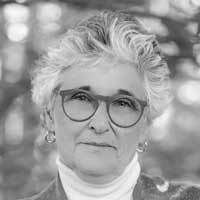Question
What are the cognitive benefits of play?
Answer
Research reveals diverse cognitive benefits of play:
- Enhances language development through description and comparison
- Improves planning skills by reworking failures
- Can boost academic skills and attitudes through organic interests
- Links to higher IQ scores and socio-dramatic play
- Helps children decenter from an ego-centric view
Play also:
- Provides a release of stress
- Builds confidence and self-assurance
*Taken from the book Playing, a Kid’s Curriculum by Sandra Stone
The hands-on nature of play embeds learning into long-term memory. The multisensory experience - seeing, hearing, touching - creates stronger neural connections than passive learning. An example is the feeling they get when they break the egg, hear the feedback from the materials, and demonstrate inhibition while the egg slowly hatches. Play brings home a concept.
As children build a block tower and discuss its attributes, play integrates conceptual, motor, communication, problem-solving, and social skills seamlessly. Academic skills often emerge organically from play experiences.
Most importantly, play teaches children to navigate challenges while developing self-regulation. The joy and engagement of play promote lifelong cognitive and socio-emotional benefits across domains. It is an essential ingredient of early childhood learning.
This Ask the Expert is an edited excerpt from the course Play, Has It Become A 4 Letter Word In Education? by Tere Bowen-Irish, OTR/L
